Off-roading and overlanding are two outdoor activities that involve using vehicles to explore and travel through rugged terrain. While they may seem similar at first glance, there are some key differences between the two that are important to understand.
Off-roading refers to the act of driving a vehicle over rough, uneven terrain, typically in a recreational or competitive setting. Off-road vehicles are designed with special features such as high ground clearance, large tires, and rugged suspension systems to help them navigate rocky trails, muddy roads, and other challenging landscapes.
Overlanding, on the other hand, is a form of self-reliant adventure travel that involves using a vehicle as a means of transportation and living quarters. Overlanding trips can last for days, weeks, or even months, and often involve traveling to remote areas where there are no established roads or facilities.
One key difference between off-roading and overlanding is the focus of the activity. Off-roaders are typically more interested in the thrill of tackling challenging terrain and testing the capabilities of their vehicles, while overlanders are more focused on self-sufficiency, exploration, and experiencing the great outdoors.
Another key difference is the type of vehicle used. Off-road vehicles are often specialized, purpose-built machines that are designed specifically for tackling rugged terrain. Overlanding vehicles, on the other hand, are often more versatile and can be anything from a pickup truck or SUV to a van or motorhome. These vehicles are usually outfitted with camping and survival gear, as well as other features that allow the occupants to live and travel off the grid for extended periods of time.
In conclusion, off-roading and overlanding are both exciting ways to explore and enjoy the great outdoors, but they have some important differences. Off-roading is more focused on the thrill of tackling challenging terrain, while overlanding is a self-reliant adventure that involves using a vehicle as a means of transportation and living quarters. Regardless of which activity you choose, it's important to have the proper training, equipment, and safety measures in place to ensure a fun and safe outdoor experience.

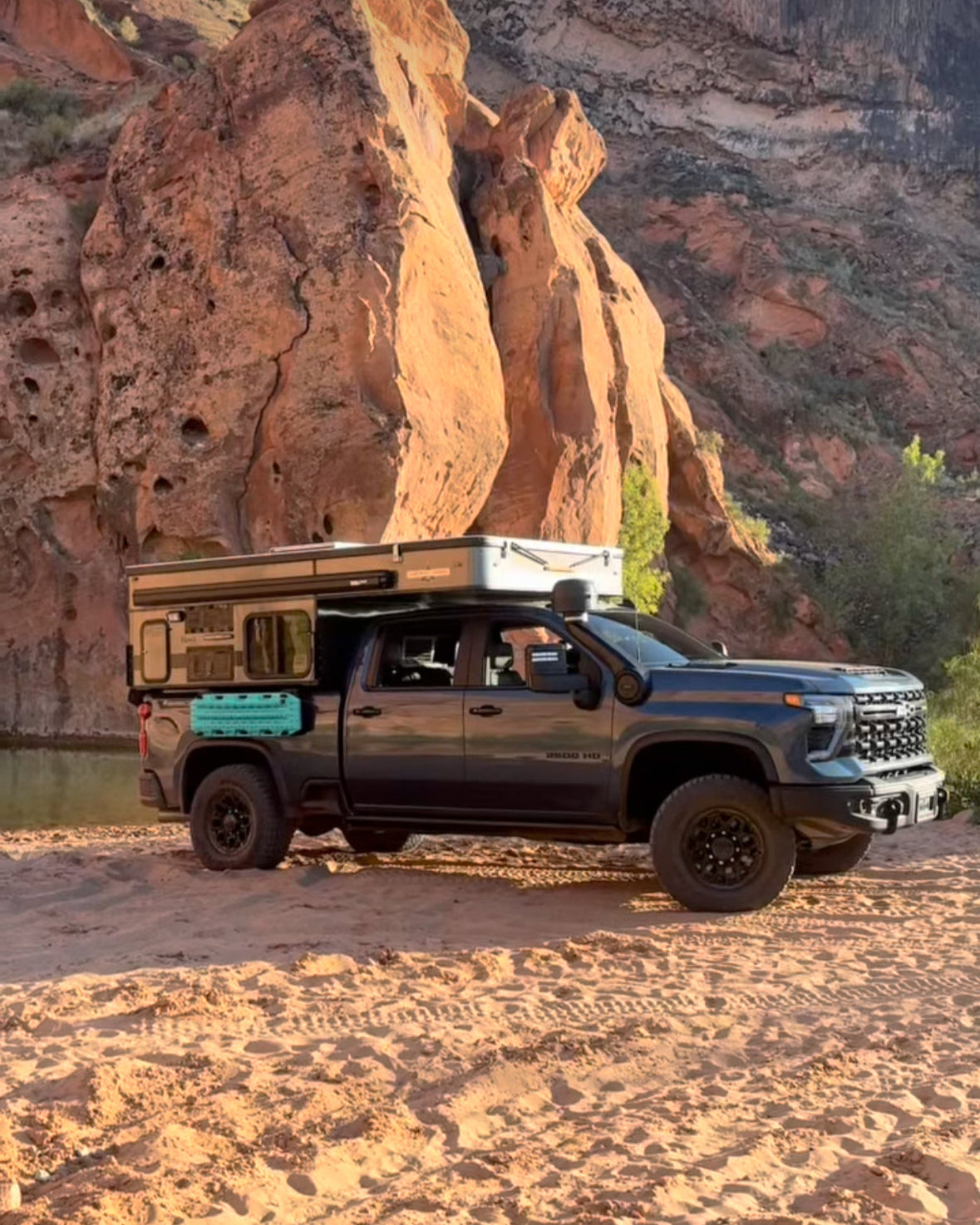


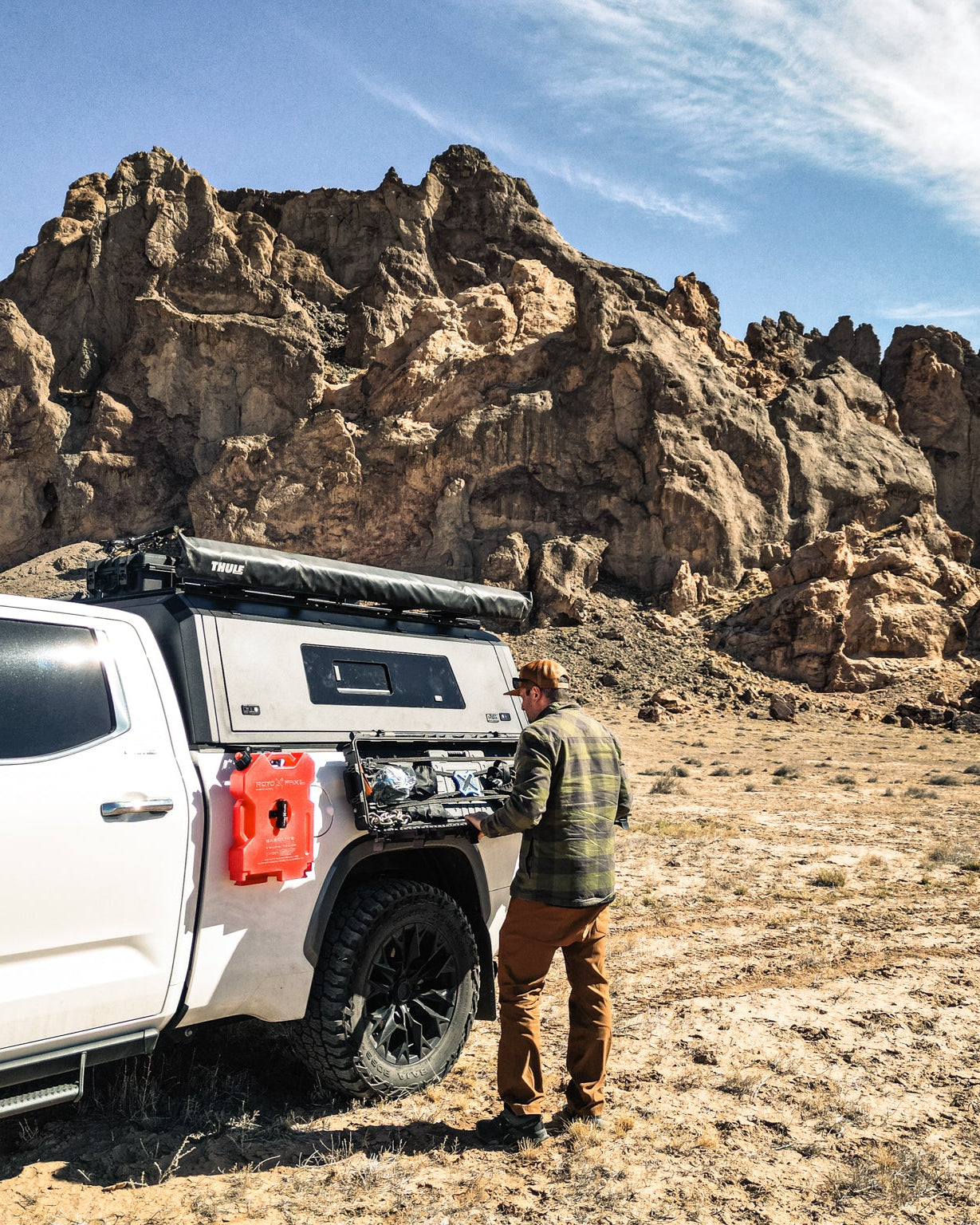
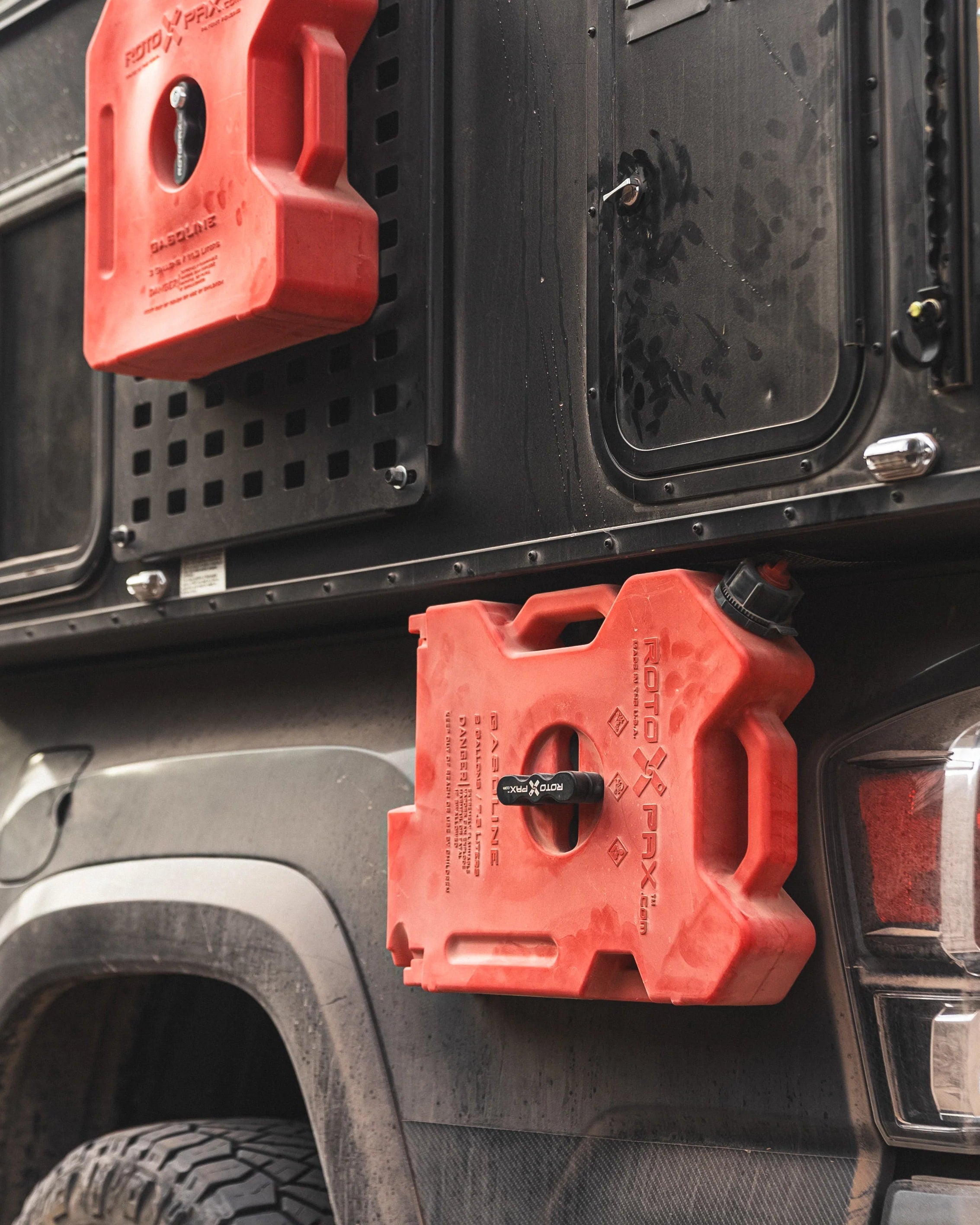
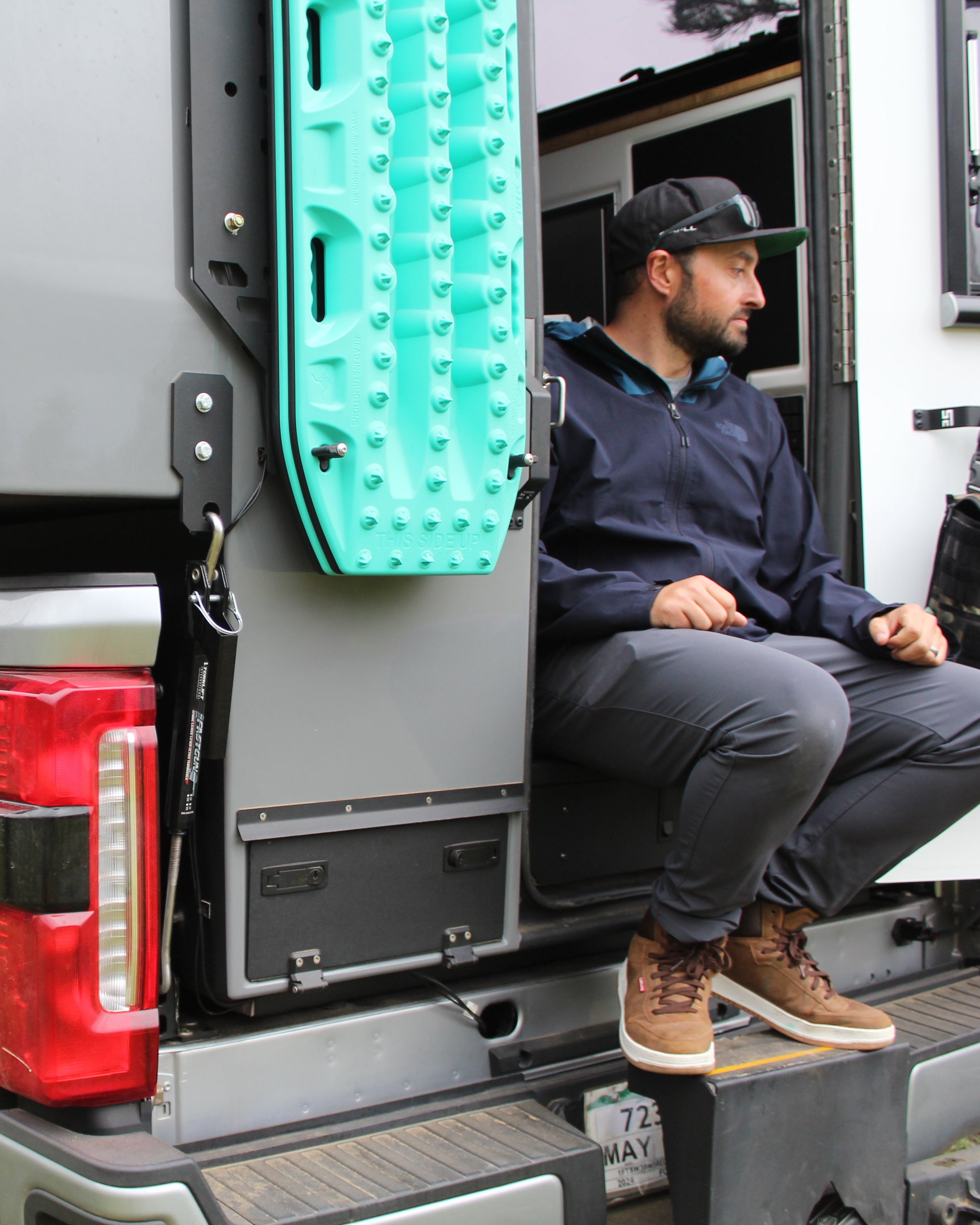
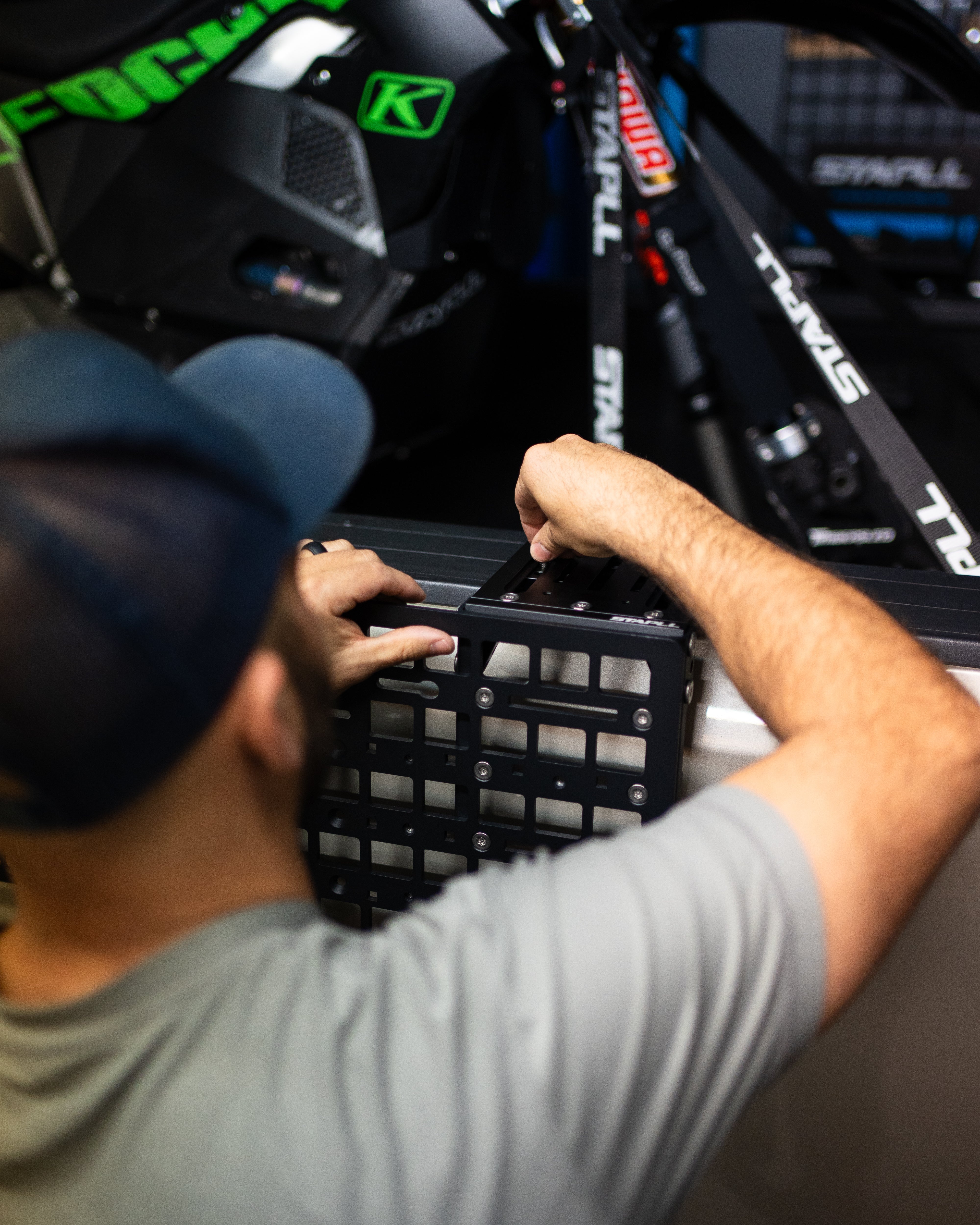
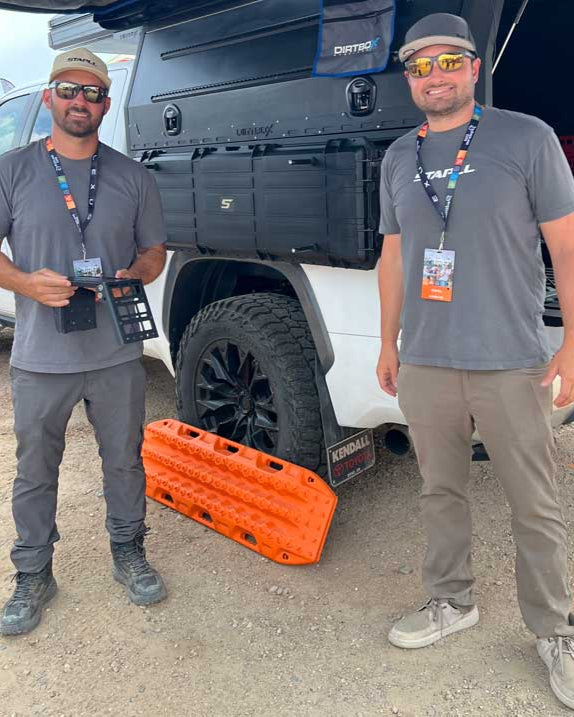
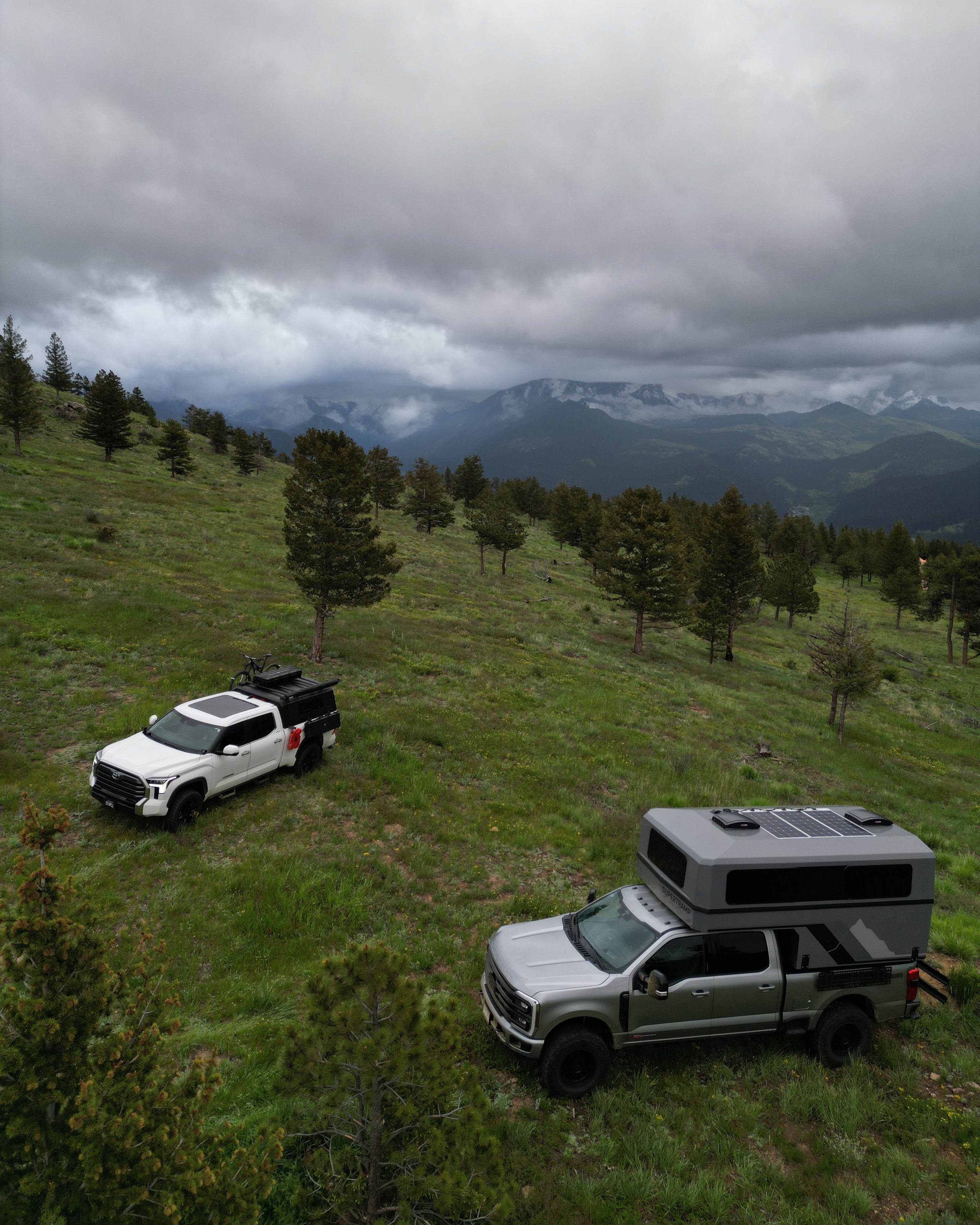

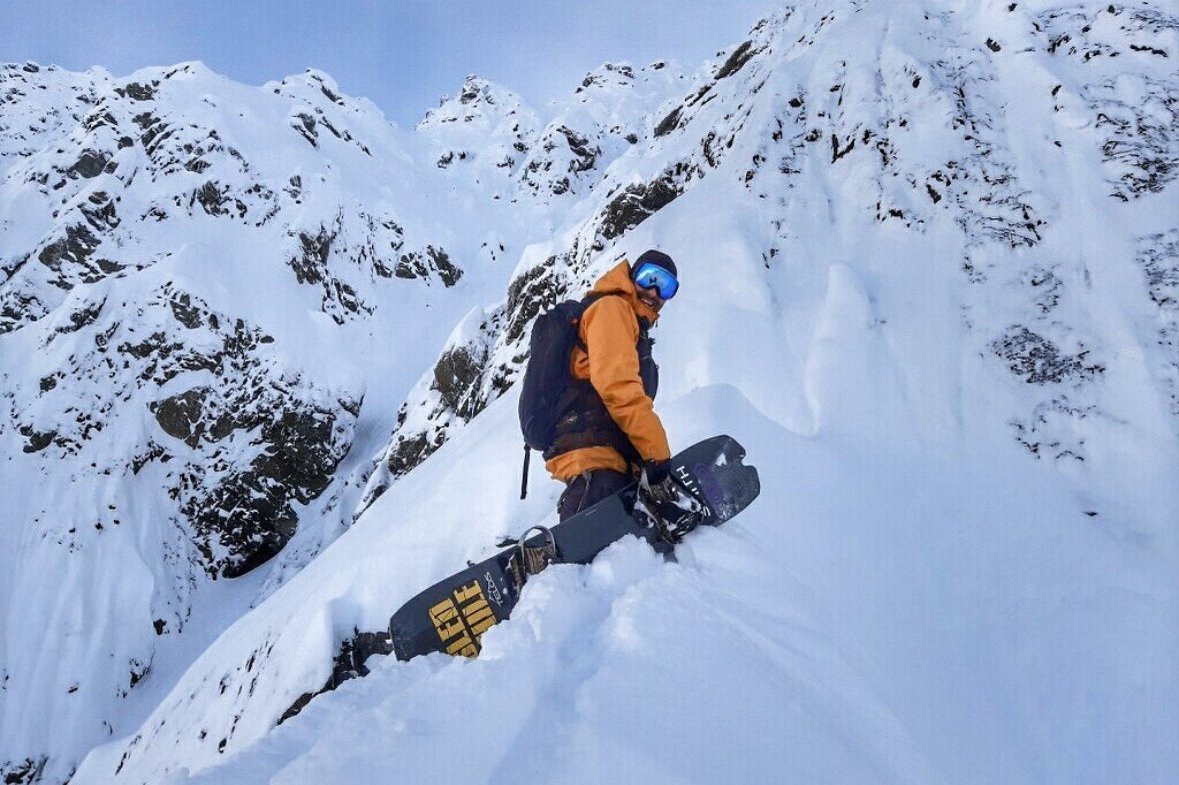
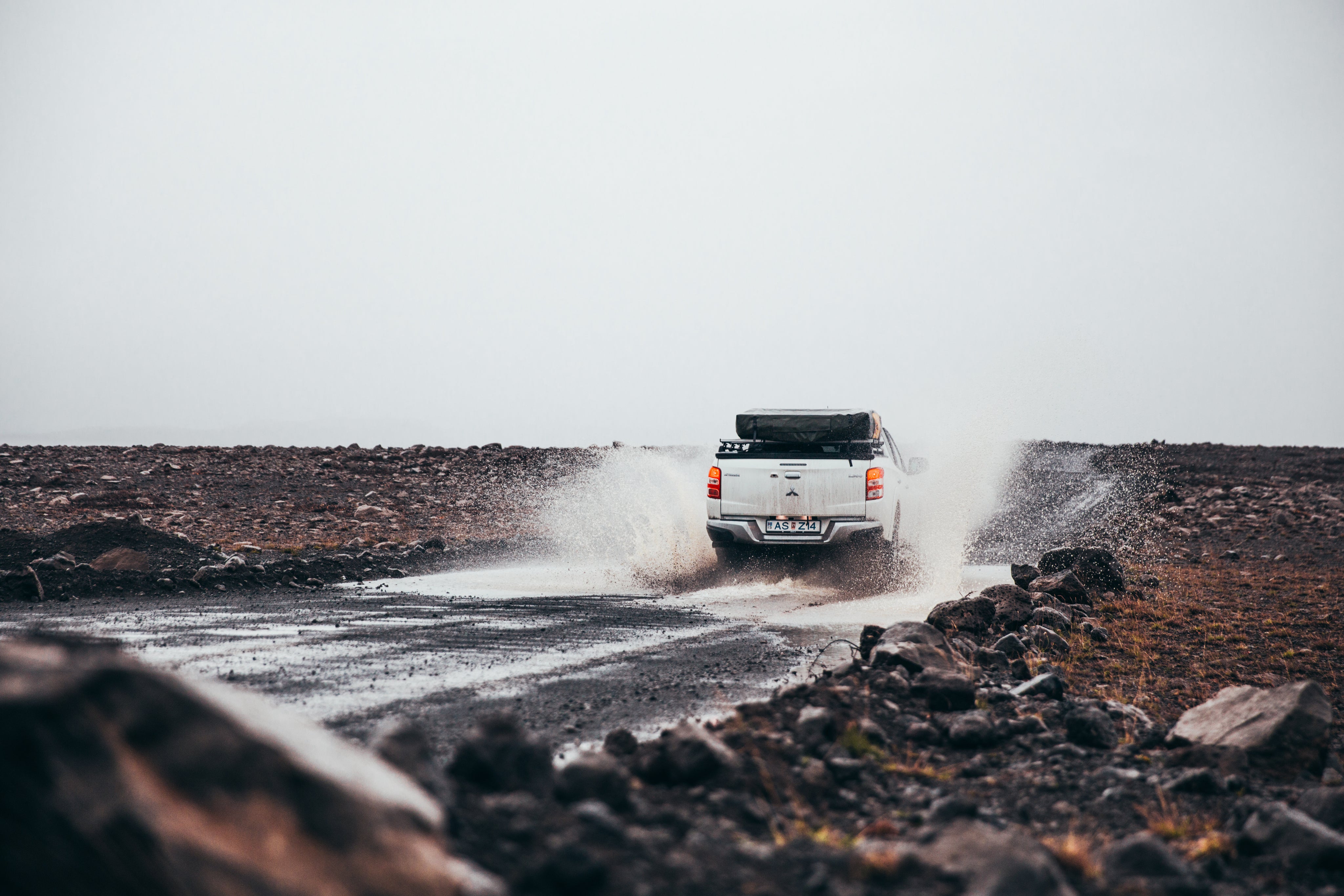
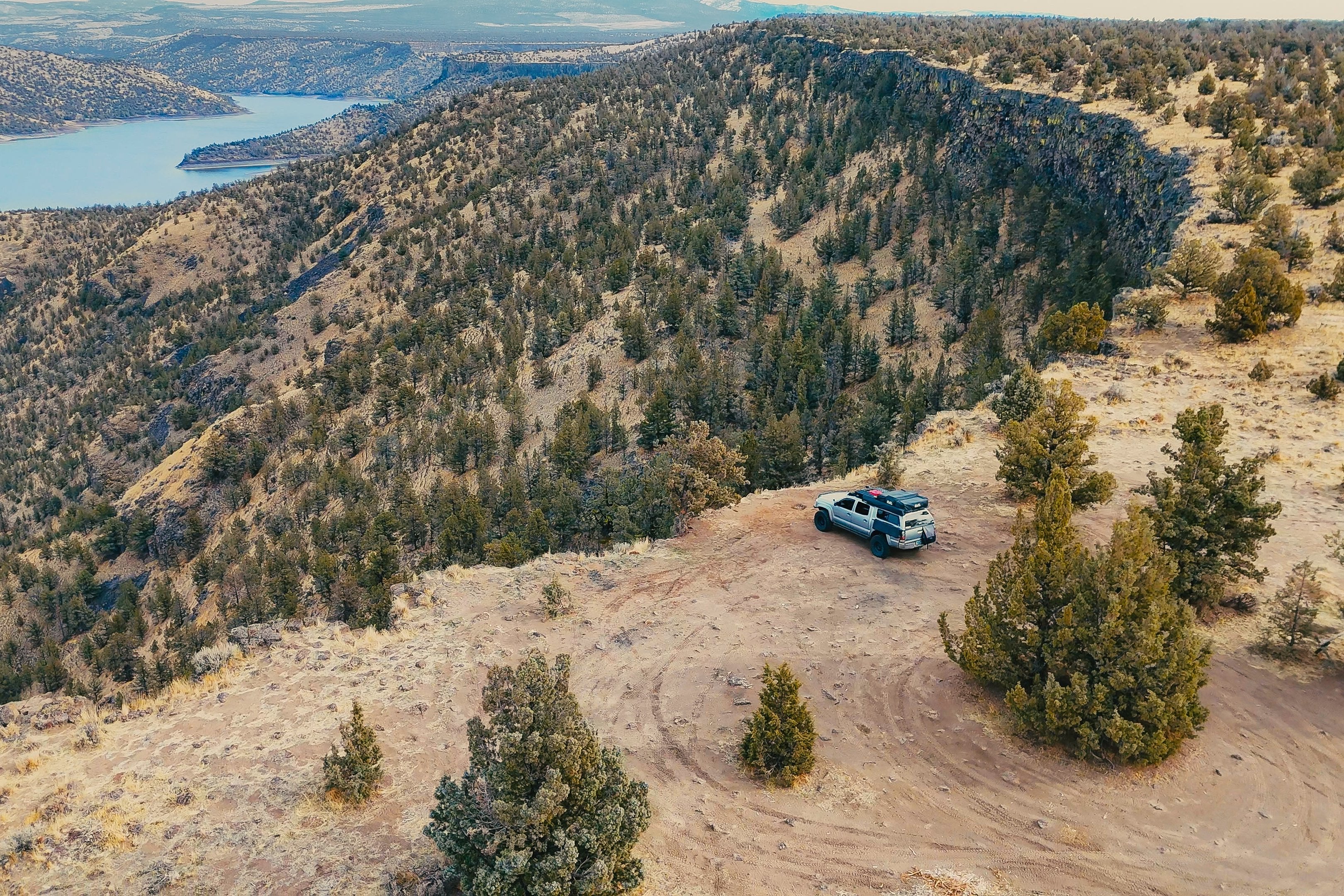
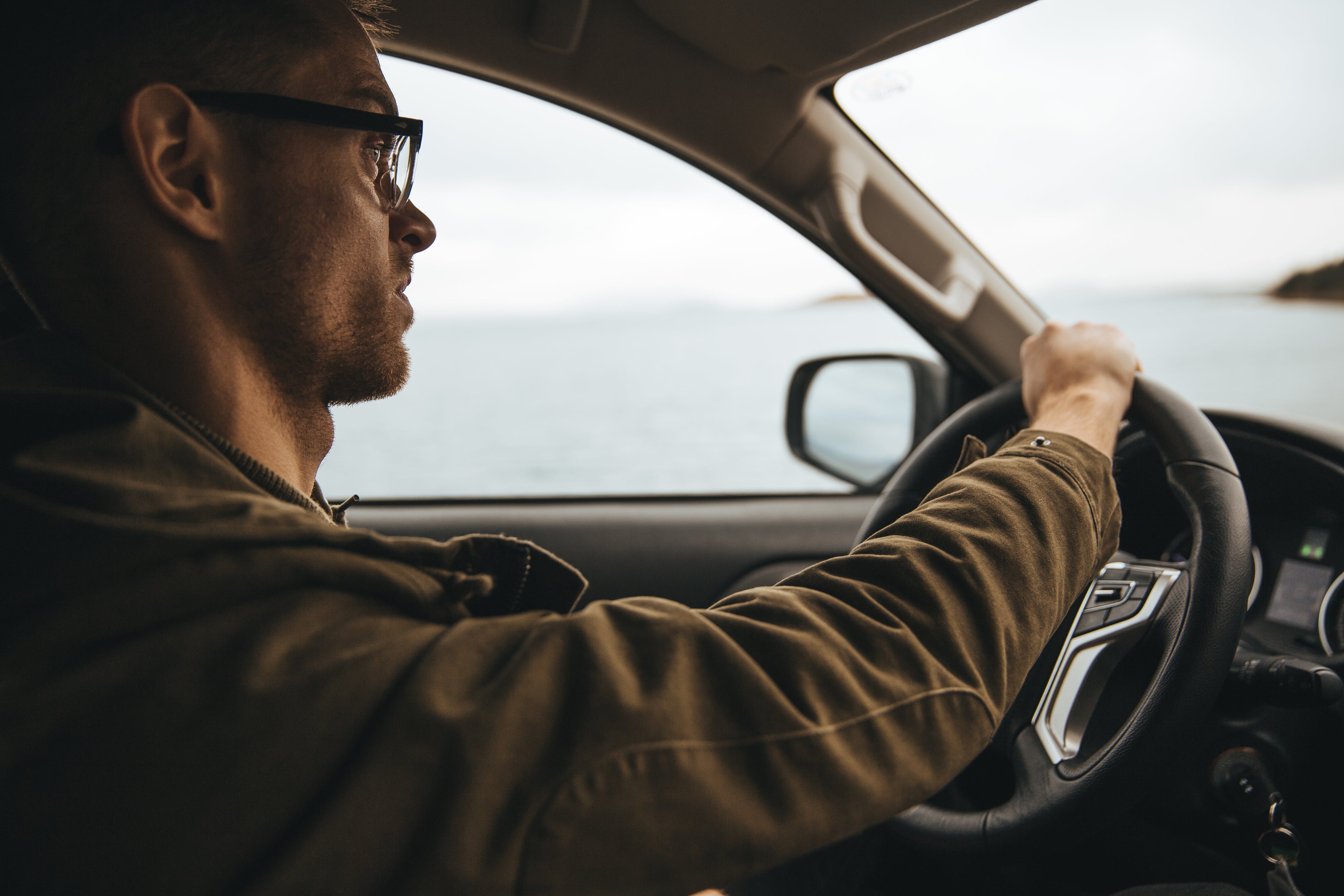
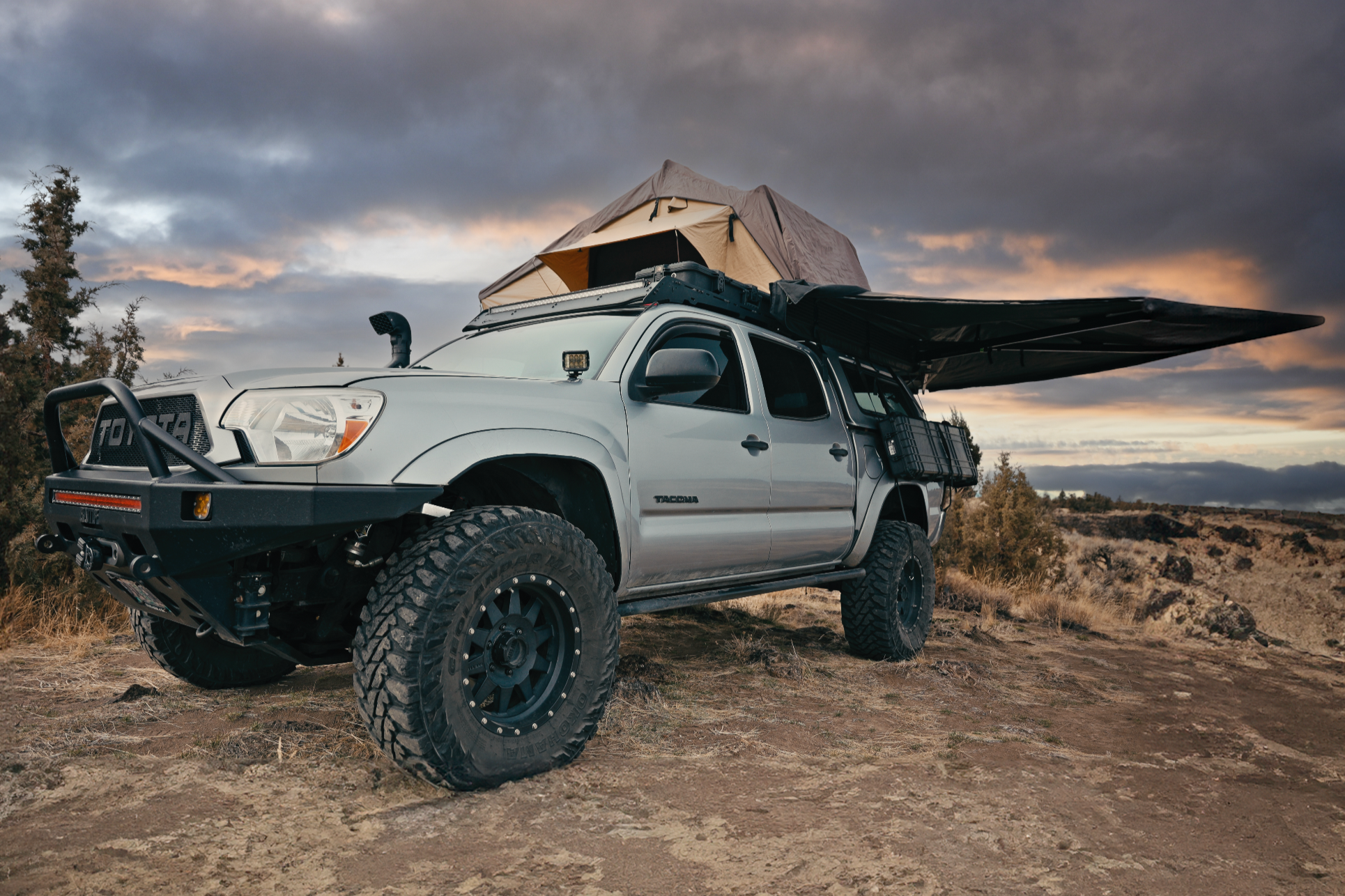
Leave a comment
All comments are moderated before being published.
This site is protected by hCaptcha and the hCaptcha Privacy Policy and Terms of Service apply.